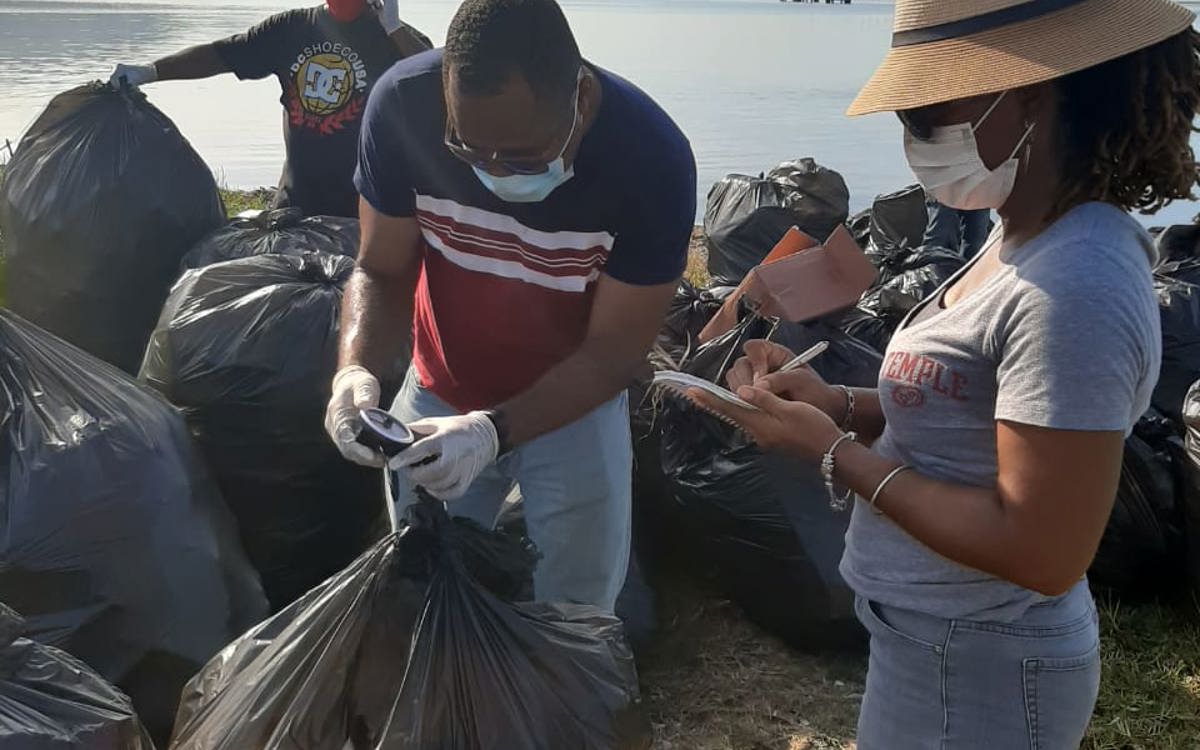By Dr Andrea Clayton


Dr Andrea Clayton
Recycling is widely seen as the solution to waste management in the Caribbean. However, while these messages help to raise awareness, it does not actually solve the problem since the region lacks the necessary recycling facilities to reclaim material from waste and the manufacturing facilities to convert these materials into useful products.
This is why the Earth Ambassadeurs model a “7Rs” approach in its programmes. The Ambassadeurs try to solve the problem at the first possible step; and only move on to the next if a solution cannot be found.
- Rethink waste: How much waste do you generate each week? How much of that could you refuse, reduce, recover, repair, repurpose, or reuse?
- Refuse products and items you don’t need, such as single-use plastics. This includes packaged items from the supermarket; in most cases the packaging is there for a few minutes until it is torn off, and then goes on to spend many years creating problems in the environment. Also, do not support companies that harm the environment, and refuse to eat fish that are overexploited or endangered, like Parrot fish.
- Reduce your waste-generating activities (garbage, food waste, plastic waste, transportation) in favor of more environmentally-conscious options. For example, try reducing the amount of paper you use by using washable cloth towels and napkins.
- Reuse Start by replacing single-use items with reusable ones. Reuse bottles, bags, and straws. Reuse clothes and share or borrow (and clean and return) gadgets and tools.
- Repair/Recover/Repurpose. Before disposing of an item, consider whether it could be repurposed or repaired.
- Recycle is the last observable action - but it is not the answer if there are no recycling facilities; even if you dispose of your waste correctly, you do not know where it will end up. Globally, only 9% of plastic is recycled – and it is an even smaller fraction in the Caribbean.
- Reflect: Each time we complete one of the above actions, it is important to take a moment to reflect and think about ways that we could do better next time. In this way, we make real progress, one step at a time.
We are often asked to differentiate between recycling, repurposing, and reusing and here’s our simple answer: you reuse the item when you use it repeatedly for its intended purpose; you repurpose it when you find another use for it after you’ve used it for its intended purpose; and you recycle it after you’ve exhausted all uses so that the constituent materials can go on to start a new life as a new product.


